The Government proposes to supplement regulations on special investment procedures to simplify investment procedures and shorten project implementation time to create a favorable and competitive mechanism to attract strategic investors.
Continuing the 38th Session, on the morning of October 10, Standing Committee of the National Assembly comment on the draft Law amending and supplementing a number of articles of the Law on Planning, the Law on Investment, the Law on Investment under the public-private partnership model and the Law on Bidding (one law amending four laws).
This Law focuses on amending and supplementing a number of provisions of laws that are contradictory, causing difficulties and obstacles, and urgently need to be amended to create favorable conditions for investment, production and business activities.
Presenting the draft law, Minister of Planning and Investment Nguyen Chi Dung List the main contents that have been revised and supplemented.

Proposal to supplement regulations on the establishment of Investment Support Fund
With the Law on Planning, one of the notable amendments is to allow the use of public investment capital, regular expenditure sources and other legal capital sources for planning activities to create a flexible mechanism when using the state budget, in accordance with the nature of each type of planning. In particular, it adds regulations on capital sources for the preparation, appraisal, announcement, assessment and adjustment of technical and specialized planning.
In addition, the Government also proposed to amend the provisions in Clause 2, Article 15 of the Law on Planning to decentralize the Prime Minister's authority to organize the appraisal of provincial planning tasks to the Minister of Planning and Investment to simplify the order and procedures for planning.
With the Investment Law, amend Articles 31 and 32 to decentralize the Prime Minister's approval of investment policies to the provincial People's Committees for: investment projects in construction and business of infrastructure of industrial parks and export processing zones; investment projects in construction of new ports and port areas with an investment capital scale of less than VND 2,300 billion in special seaports. This category also includes investment projects regardless of scale within the protection scope of Zone I and Zone II of relics recognized by competent authorities as national relics and special national relics, except for investment projects within the protection zone I of special national relics on the World Heritage List to create initiative for localities.
In addition, supplement the provisions in Clause 3, Article 18 of the Investment Law to regulate the establishment of an Investment Support Fund from the state budget and other legal sources of revenue to attract strategic investors, multinational corporations and support businesses in a number of investment incentive industries and professions.
At the same time, amend and supplement Articles 47 and 48 to regulate the termination of investment projects that have not been implemented for many years, causing waste of land and releasing resources.

The Government also proposed to supplement regulations on special investment procedures to simplify investment procedures, shorten project implementation time to create favorable and competitive mechanisms to attract strategic investors. Accordingly, special investment procedures apply to a number of projects in the fields of innovation, research and development; integrated circuit industry. Semiconductors, design technology, manufacturing of components, integrated electronic circuits, chips, and high-tech fields, high-tech products are prioritized and encouraged for investment according to the Prime Minister's decision to be implemented in industrial parks, export processing zones, high-tech zones and economic zones according to the investment registration process at the Management Board of industrial parks, export processing zones, high-tech zones and economic zones to issue Investment Registration Certificates within 15 days.
On Investment Law by method public private partnership (PPP Law), Minister Nguyen Chi Dung said that the Government proposed to abolish the limit on the minimum investment capital scale to implement PPP projects; assign ministries, branches and localities to consider and be responsible for deciding to select projects suitable to the needs and implementation conditions of investors.
The revised draft also stipulates the continued application of BT contracts with cash payments and land fund payments in the direction of comprehensively innovating the implementation and payment methods for investors, and maximally overcoming the shortcomings and obstacles in implementing this type of contract (such as: the total investment must be accurately determined, avoiding inflated project value; bidding must be organized to select investors; the payment mechanism for investors must be specifically and transparently determined right from the project preparation stage).
In addition, the Draft adds a type of BT contract that does not require payment to apply to infrastructure works and public service provision projects that investors propose to invest in and construct and transfer to the State without requiring payment for construction investment costs.
Allowing the application of BOT contracts to collect fees directly from users for projects to renovate, upgrade, and expand existing works, except in cases where it is the only choice of the residential community, individuals living, producing, and doing business in the construction area, is also the content proposed by the Government.
Notably, the Government proposed to apply a flexible mechanism in allocating state capital to participate in the implementation of PPP projects by continuing to regulate the state capital ratio at 50% and assigning the Prime Minister or the Provincial People's Council to decide on a higher state capital ratio but not exceeding 70% of the total investment for the project (currently the limit is 50%).
The Law on Bidding is amended to allow the approval of contractor selection results before the project is approved or the signing of contracts with contractors before international treaties and foreign loan agreements are signed, in order to save time and speed up the implementation of projects and bidding packages.
Allow the application of restricted bidding, international bidding, and domestic bidding in cases where development partners and foreign donors request the application of these forms as a binding condition in the process of negotiating and signing international treaties and foreign loan agreements in order to speed up the process of negotiating and signing international treaties and foreign loan agreements.
Supplementing bid packages that apply the form of contractor selection in special cases, and at the same time decentralizing the authority to decide on the application of this form to speed up the implementation progress of projects and bid packages with special requirements on contractor selection for which other forms of contractor selection prescribed in this Law cannot be applied.
Consider limiting the application of special investment procedures
In the submission, the Government proposed to supplement regulations on special investment procedures to simplify investment procedures, shorten project implementation time to create a favorable and competitive mechanism to attract strategic investors.
Examining this content, the Economic Committee proposed that the Government consider limiting the regulation of special investment procedures to only a number of large, specific projects with regional, national, and large socio-economic impacts that need to be implemented immediately so as not to miss investment opportunities.

Chairman Vu Hong Thanh stated that the decentralization of authority to grant special investment certificates requires a thorough impact assessment, ensuring that the decentralization meets the capacity, decision-making capacity, organization, and human resources of each management level, ensuring consistency in the legal system.
In addition, it is recommended that the Government continue to update the fields that are subject to special investment procedures to be consistent and consistent with the sectors and professions with special investment incentives in the Laws and Law projects that are being completed by the Government to submit to the National Assembly.
Regarding the proposal to supplement regulations on the establishment of the Investment Support Fund in the Investment Law, the Standing Committee of the Economic Committee believes that the financial management mechanisms and operating mechanisms proposed for the Fund are all unique and unprecedented mechanisms, different from current regulations, and need to be carefully analyzed and evaluated, with impact and risk assessment reports before proposing implementation; at the same time, to be consistent with the content of the National Assembly's resolution in Clause 5 of Resolution No. 110/2023/QH15 dated November 29, 2023.
Chairman Vu Hong Thanh proposed to only stipulate in the Law in terms of basic principles in the direction of assigning the Government to establish an Investment Support Fund from additional corporate income tax revenue according to regulations on preventing erosion of the global tax base and other legal sources to stabilize the investment environment, encourage and attract strategic investors, multinational corporations and support domestic enterprises in a number of areas that need investment encouragement.
The Government shall prescribe the operating model, legal status, management and use of state budget capital for the Fund's operations, report to the National Assembly Standing Committee for comments before promulgation, and report to the National Assembly at the nearest session.
Source








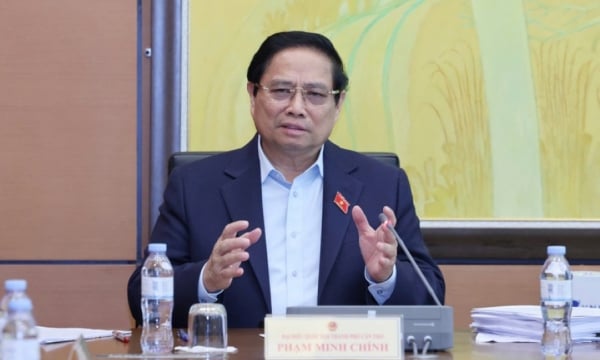
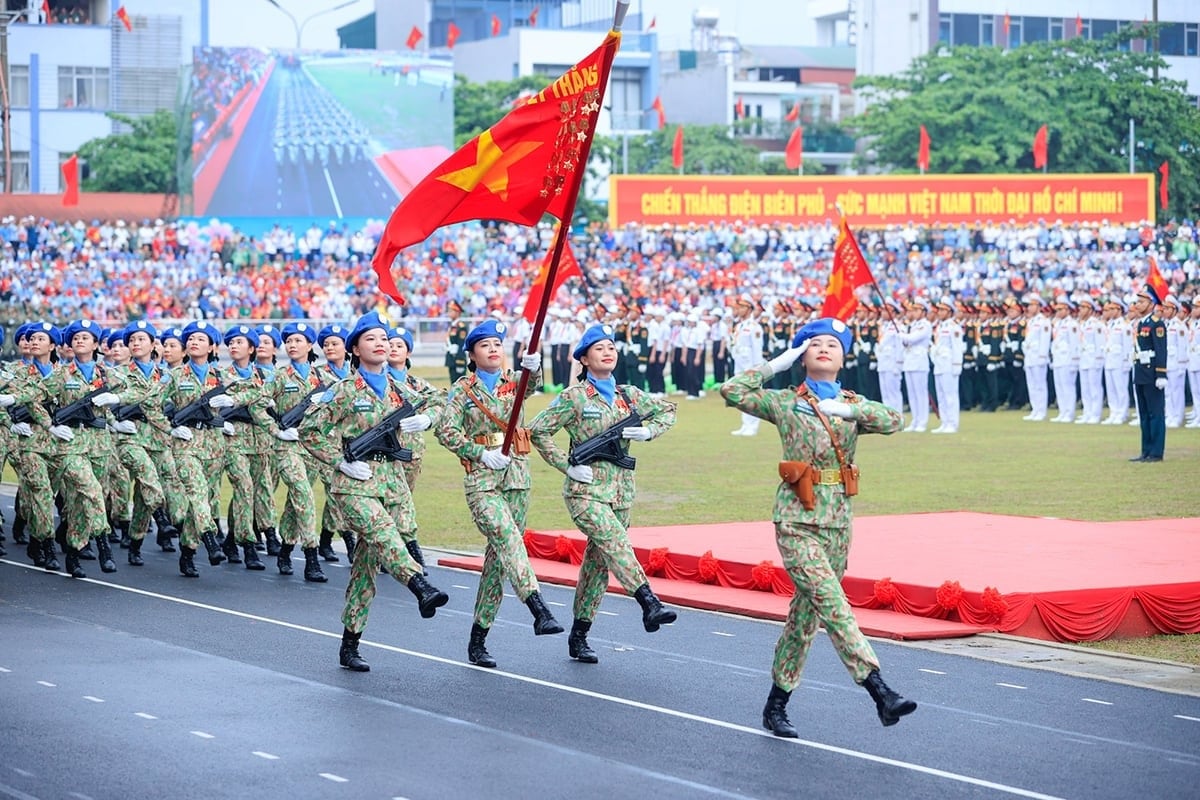
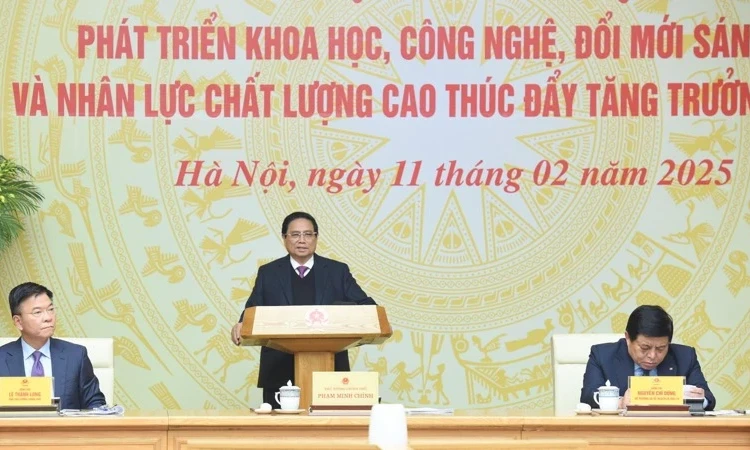
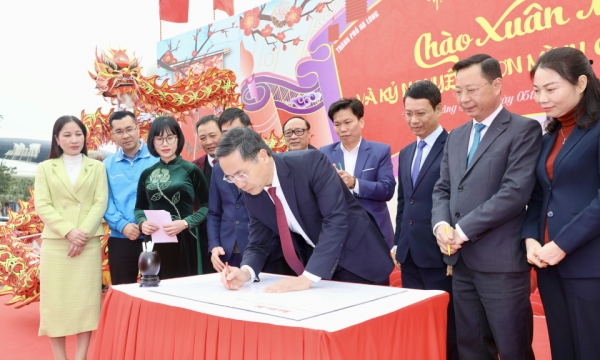
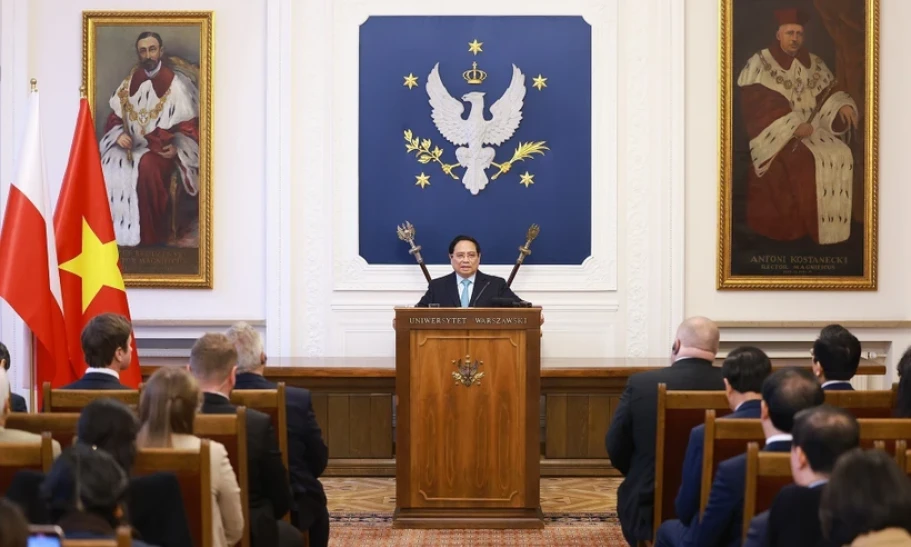
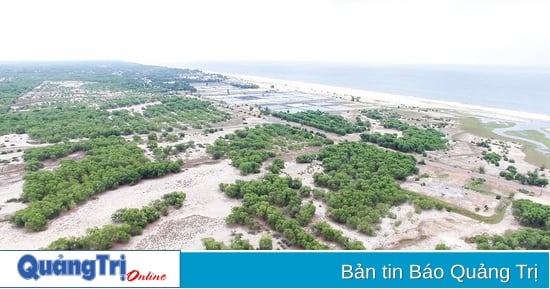





















![[Photo] Prime Minister Pham Minh Chinh chairs Government Conference with localities on economic growth](https://vstatic.vietnam.vn/vietnam/resource/IMAGE/2025/2/21/f34583484f2643a2a2b72168a0d64baa)






















































Comment (0)